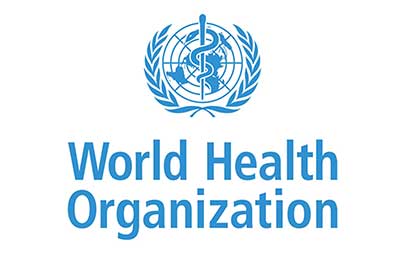Global shortage of innovative antibiotics fuels emergence and spread of drug-resistance : WHO report
The alert from the World Health Organization (WHO) is delivered in a report showing that none of the 43 antibiotics in development today sufficiently addresses the growing threat posed by 13 priority drug-resistant bacteria. WHO’s annual Antibacterial Pipeline Report, notes that almost all antibiotics available today are variations of those discovered by the 1980s.
WHO Assistant Director General on antimicrobial resistance (AMR) pointed out that The persistent failure to develop, manufacture, and distribute effective new antibiotics is further fueling the impact of antimicrobial resistance (AMR) and threatens our ability to successfully treat bacterial infections.
WHO Report findings:
WHO’s annual Antibacterial Pipeline Report, reviews antibiotics that are in the clinical stages of testing as well as those in early product development. The aim is to assess progress and identify gaps in relation to urgent threats of drug resistance, and to encourage action to fill those gaps.
- The report evaluates the potential of the candidates to address the most threatening drug-resistant bacteria outlined in the WHO Bacterial Priority Pathogens List (WHO PPL). This list, which includes 13 priority drug-resistant bacteria, has informed and guided priority areas for research and development since its first publication in 2017.
- The 2020 report reveals a near static pipeline with only few antibiotics being approved by regulatory agencies in recent years. Most of these agents in development offer limited clinical benefit over existing treatments, with 82% of the recently approved antibiotics being derivatives of existing antibiotic classes with well-established drug-resistance. Therefore, rapid emergence of drug-resistance to these new agents is expected.
Global Initiatives:
To address gaps in funding and drive sustainable investments in antibiotics development, WHO and its partner Drugs fro Neglected Diseases intitive (DNDi) have set up the Global Antibiotic R&D Partnership (GARDP) to develop some of the innovative treatments that are included in the report. In addition, the WHO has been working closely with other non-profit funding partners such as the CARB-X to “push” and accelerate antibacterial research.
Another important new initiative is the AMR Action Fund, a partnership that was set up by a coalition of pharmaceutical companies, philanthropies, the European Investment Bank, with the support of the WHO, that aims to strengthen and accelerate antibiotic development through global pooled funding. The Fund is expected to play an important role in ensuring that the most innovative and promising products receive the required funding.







